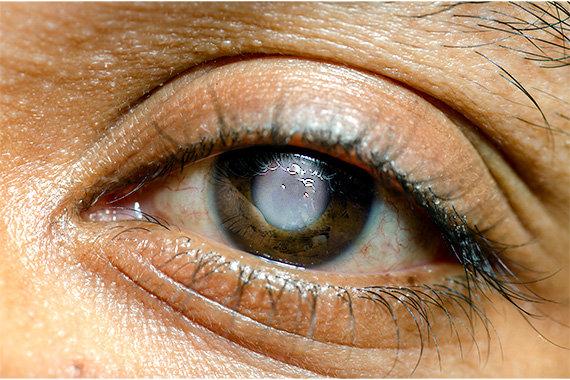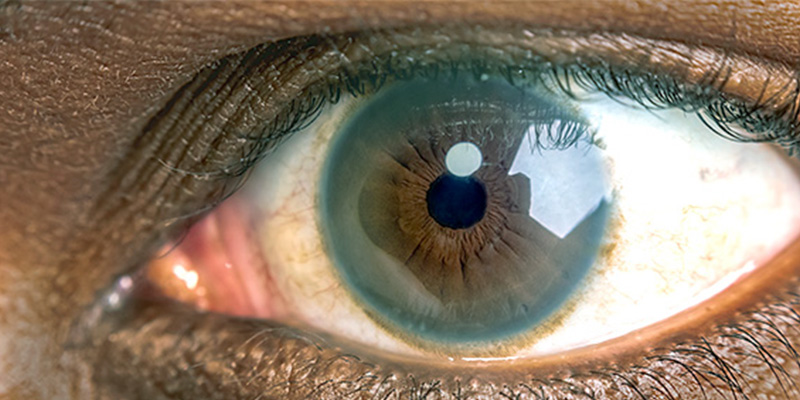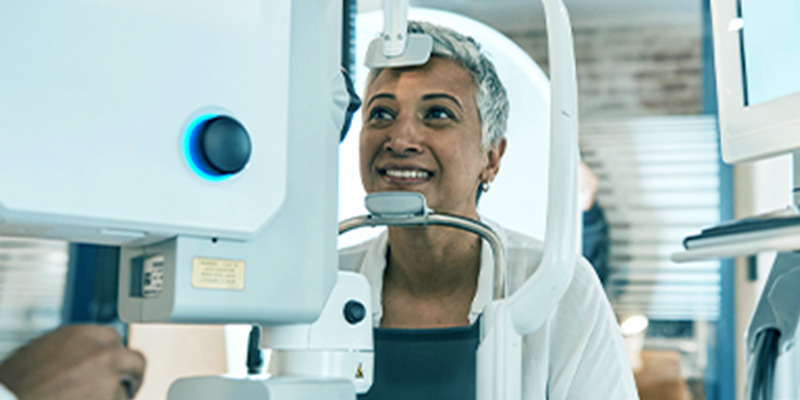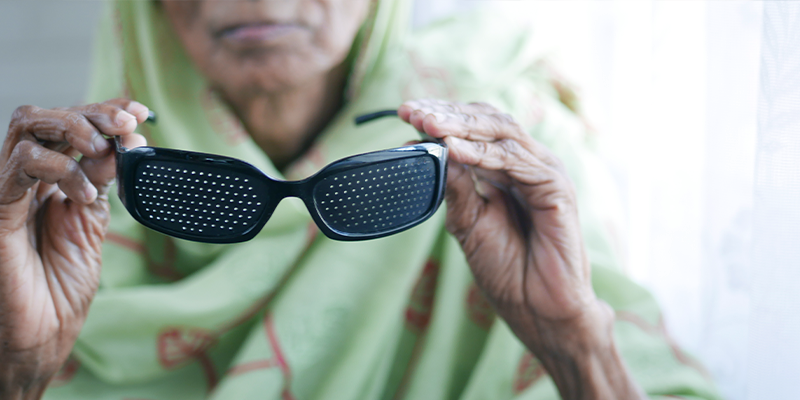Glaucoma is a group of eye diseases that cause damage to the optic nerve, a crucial component of vision. This damage is often linked to an abnormally high pressure inside the eye, known as intraocular pressure (IOP). Over time, elevated IOP can erode the optic nerve tissue, leading to vision loss or even blindness if left untreated. Glaucoma is a leading cause of irreversible blindness worldwide, making early detection and treatment vital.

Glaucoma is often called the "silent thief of sight" because its early stages may not present any noticeable symptoms. As the disease progresses, symptoms may include:
Often unnoticeable until significant damage has occurred.
In advanced stages of glaucoma, vision may narrow, resembling the view through a tunnel.
Associated with acute angle-closure glaucoma.
Particularly severe in cases of acute glaucoma.
Linked to sudden, severe eye pressure spikes.
Especially under low lighting conditions.
A common symptom in angle-closure glaucoma.
Immediate medical attention should be sought if you experience symptoms such as severe eye pain, nausea, or sudden vision disturbances. Regular eye examinations are crucial, particularly if you are at risk of developing glaucoma. Early detection through routine eye exams can prevent significant vision loss.
Glaucoma is primarily caused by increased intraocular pressure. This pressure results from a buildup of fluid (aqueous humor) within the eye, which can occur due to:
The most common cause, leading to fluid accumulation.
The eye produces more fluid than it can drain, increasing pressure.
This can damage the optic nerve over time.
This can contribute to increased eye pressure.
There are several types of glaucoma, each with unique characteristics:

The most common type, where drainage channels gradually become clogged over time, increasing IOP.

Occurs when the iris bulges forward, narrowing or blocking the drainage angle.

Optic nerve damage occurs despite normal IOP levels, often linked to poor blood flow to the optic nerve.

Resulting from another medical condition, such as diabetes or cataracts.

A rare type present at birth due to developmental defects in the eye's drainage system.
Several factors can increase the risk of developing glaucoma, including:
While glaucoma cannot be prevented, early detection and treatment can help slow or prevent further vision loss. Preventive measures include:

Especially if you are at risk, to detect glaucoma early.

Helps reduce eye pressure.

Wearing protective eyewear can prevent eye injuries that may lead to glaucoma.

If you have been diagnosed with elevated IOP, follow your doctor’s instructions for medication use.
Glaucoma is a serious eye condition that can lead to permanent vision loss if not detected and treated early. Regular eye exams are essential for early detection, especially for those at higher risk. By understanding the symptoms, causes, and risk factors, and by taking preventive measures, you can help protect your vision from the damaging effects of glaucoma.
While Shree Ramkrishna Netralaya is your top choice for eye care in Mumbai, you may also consider our other reputable clinics and hospitals near you.
Address:
201 & 202 Elmer #Plot #563, Central Avenue, Corner of, 11th Rd, Chembur, 400071
Phone: 082917 14838
Timing: Mon-Sat- 10 a.m. To 8 p.m.
Address:
Near Risk Care Hospital, Near Makhamali Talao, LBS Marg, Thane, W, Mumbai, Maharashtra 400601
Phone: 02225441139
Timing: Mon-Sat- 11 a.m. To 8 p.m.